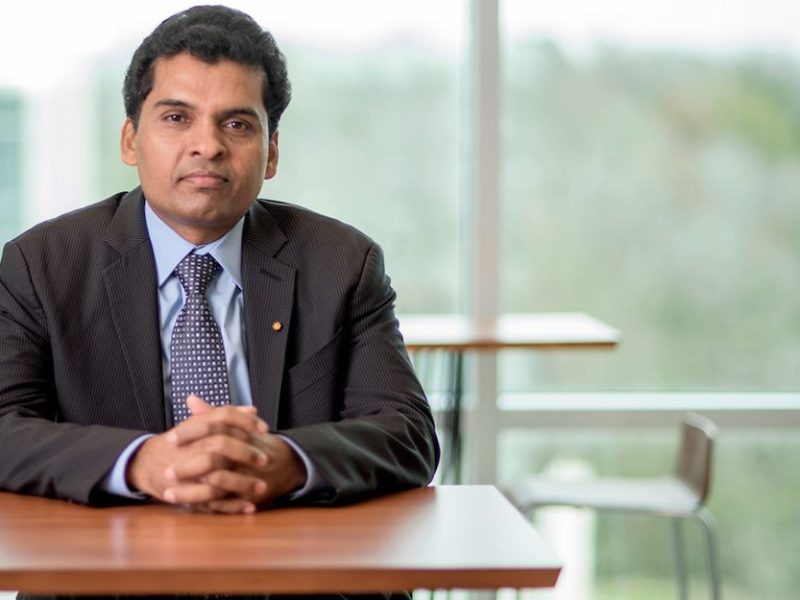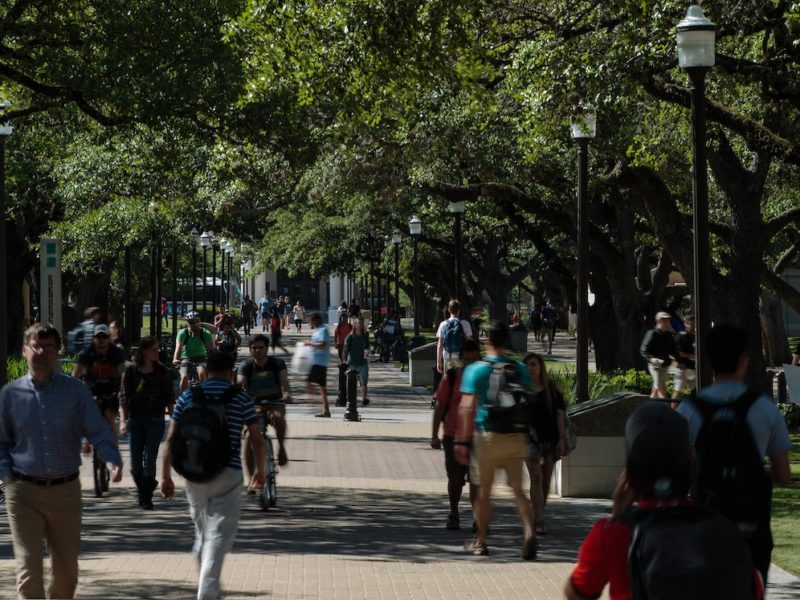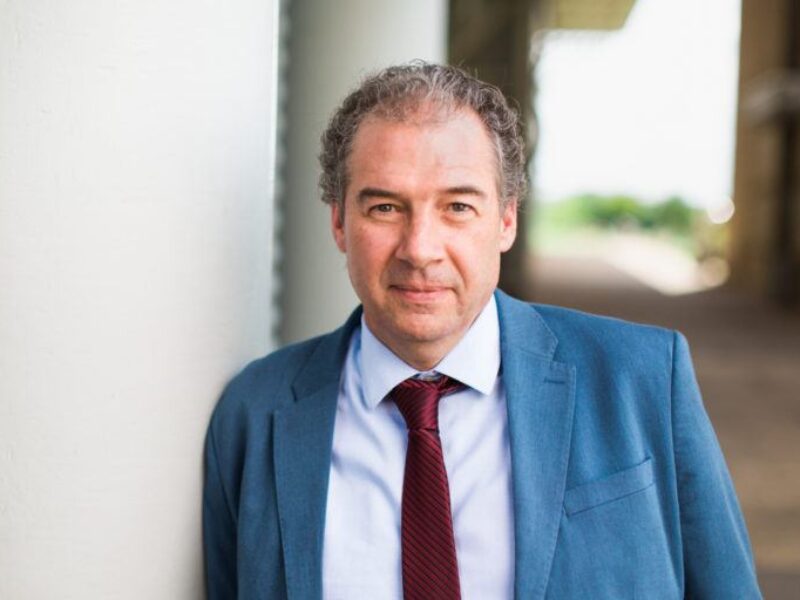Preparing Medical Students For An Ever-Changing World

The way doctors are trained is shifting in the wake of health care reform. A predicted shortage of 90,000 doctors by 2025 and an influx of patients who recently gained coverage under the Affordable Care Act (ACA) have made medical education more important than ever.
“A continually evolving health care landscape has spurred many medical schools to close the widening gap between how students are traditionally trained and the future needs of the nation’s health care system,” said Paul Ogden, M.D., interim dean of the Texas A&M Health Science Center College of Medicine.
And the Texas A&M College of Medicine is doing just that, taking a step forward to close this gap with a revamped medical curriculum. According to Ogden, the curriculum creates a more flexible and individualized approach to a traditional medical education, with a renewed emphasis on research, scholarship and the skills needed to foster lifelong medical learning.
“We want to create an educational program that trains physicians to meet the needs of today’s patients, while anticipating future changes to the system as a whole,” Ogden said.
The college introduced its new curriculum to 206 incoming medical students this summer, all of which started at the institution’s Bryan-College Station campus.
“The new curriculum will leverage our unique, multi-campus model to train a more diverse physician population to address the state’s varying patient needs,” Ogden said. “All first year students will begin their schooling in Bryan-College Station to bond as a class, learn important foundational material and develop important lifelong learning skills. The remaining three years will be conducted at one of the five clinical campuses throughout the state.” Clinical campus locations include Bryan-College Station, Round Rock, Dallas, Temple and Houston.
Continue reading on Vital Record.
This article by Holly Shive originally appeared in Vital Record.





